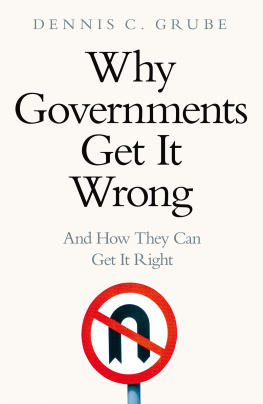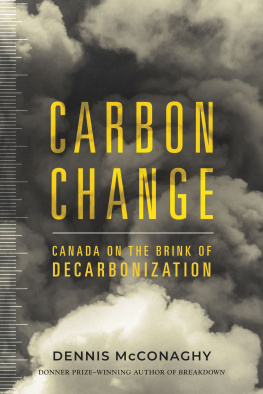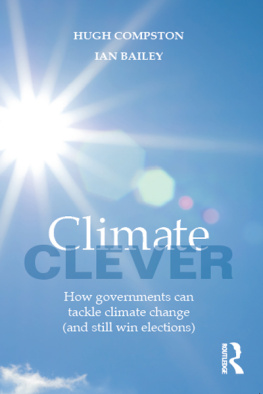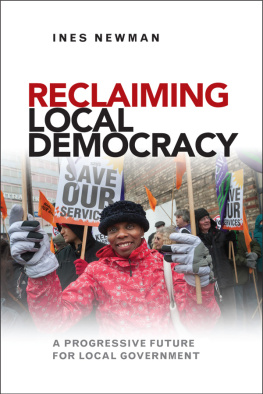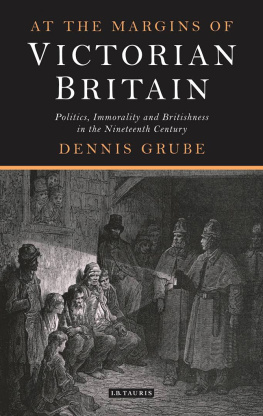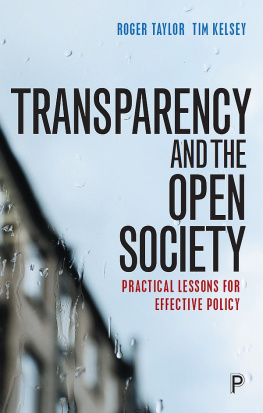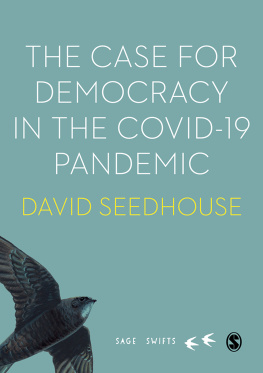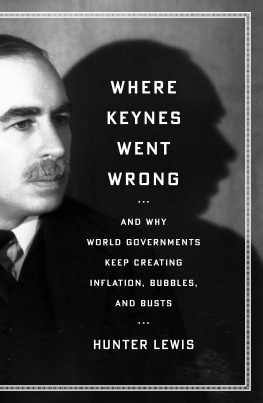Acknowledgements
To write a book is to fumble in the darkness. You keep running into walls and tripping over furniture as you search for some kind of light source. Ive been incredibly lucky to have a collection of supporters willing to help. My editor at Pan Macmillan, Matthew Cole, and my agent, Andrew Gordon, have been tremendous guides and sounding-boards. The publishing team have been extraordinary patient, thoughtful and professional. My colleagues at Cambridge (both in POLIS and at Girton) have been greatly encouraging, and the Bennett Institute for Public Policy has provided a very nurturing intellectual home.
Id like to thank my students, who continue to teach me so much about public policy. In particular, the students on the Cambridge MPhil in Public Policy (MPP), who each year burst into my life and share their enthusiasm, insights and expertise in a way that is quite infectious. Many of the examples I discuss in the book owe much to the students who first brought them to my attention. My faculty teaching colleagues on the MPP are some of the most amazing people I know. Im a better academic, and quite possibly a better person, just for being in their company.
I retain adjunct affiliations at both Griffith University and the University of Tasmania, and am grateful to have such encouraging friends in both institutions. My thanks too must go to the many former colleagues I had the pleasure to work with in the Tasmanian Government, and earlier in the Australian Public Service. So much of what I know about politics and public policy I learned from working alongside people who care deeply about government being a powerful force for good in our societies.
To my mum and dad, friends and family, lm grateful. Thank you for everything that you do. And especially to Kathy, who has listened patiently to the constant moaning that passes for my creative process.
Why
Governments
Get It
Wrong
Dennis C. Grube is a professor in politics and public policy at the University of Cambridge, and Acting Director of the Bennett Institute for Public Policy. A one-time political speechwriter in his native Tasmania, he is the author of three single-author monographs on aspects of politics and policy.
1. Problems, Problems, Problems
New York City is a busy place. The cars, the people, the noise. Its called the city that never sleeps for a reason. Allen Street is no exception. On the lower east side of Manhattan, close to Chinatown, the flow of people is constant. Packed traffic contends with parked cars and general madness. Allen Street is not the kind of place that leaps to mind as a venue for secret activities. Not unless you prefer your secrets to be hiding in plain sight.
In early October 2013, Allen Street quietly made its way into the international headlines. The action centred on number 18, although not because the paparazzi had captured some insanely famous celebrity in residence there. Quite the opposite. It was what a celebrity had left behind that was causing the interest. What turned up at 18 Allen Street was a quite stunning piece of graffiti, showing two street urchins reaching up towards a no graffiti sign. What emerged almost immediately was the extra news that this picture was the work of Banksy, perhaps the most famous graffiti artist in the world.
Banksy was engaged in a self-described residency on the streets of New York in October 2013. At least two things made this unique compared to your average artist-in-residence arrangement. The first was that Banksys art was invariably produced on buildings that belonged to other people, and not at their invitation. The second was that Banksys identity remained unknown, the adventurous Zorro of the art world who never let the mask slip. The picture at 18 Allen Street was the first of many to emerge in the weeks that followed.
Not everyone was pleased. Within days, the piece in Allen Street had been painted over. Some elected officials were wary of the whole business. New York City Mayor Mike Bloomberg certainly wasnt a fan. You running up to somebodys property or public property and defacing it is not my definition of art. He insisted that it was in fact against the law. The public, of course, voted with their feet, and rushed to view each new work as it was discovered. Other graffiti artists vied to tag the works, and critics trying to paint them over got into physical altercations with their would-be defenders.
Is there a public policy problem here? It depends on who you ask. Where you sit depends on where you stand. For some, street art is exactly that art. For others, it is gratuitous vandalism. Mike Bloomberg said it was bad for property values. He may be right. But so too is living next door to people who dont take care of their front yards. Should we make that illegal too?
Is the problem not so much the artwork, but where it occurs? Rome, the eternal city, has for the last two decades been considered something of a graffiti magnet. Buildings that have fascinated the world for millennia now find themselves surrounded by spray-paint from the rebels of the twenty-first century. If we simply leave the graffiti, will people in five hundred years time think of the works themselves as part of the layered history of Rome? Art does not stand still. Like all reputations, those of artists wax and wane according to the fashion of the day. But that is part of the matrix of decision-making too. Would Mayor Bloomberg have been asked about the graffiti at all if it had been painted by street artists who have not yet made a name for themselves?
Graffiti is just one of the many thousands of subjects about which politicians argue in most places on earth. In reality, these arguments are acts of problem definition, an attempt to frame an issue on the preferred terms of the person doing the talking. Is graffiti great art, and its appearance on public buildings an expression of egalitarian values? Could be. Should it rather be seen as vandalism that is destroying peoples house values and undermining law-abiding cultures of civility? Perhaps. The answer is never straightforward because the answer is political. It is rooted in the ideological worldview of the beholder and is inevitably shaped by the political context of the day. The way that discussion goes will have deep repercussions for what happens next. Its only a problem if the politics of the day is willing to identify it as a problem. That discussion is the entry point, the moment that determines whether the first duck starts to swim.
Problem definition is all about the rhetoric that politicians and interest groups use to frame a particular issue for public consumption. Policy problems are in the eye of the beholder. They are influenced by politics as much as they are by data and evidence. Take something like unemployment. For believers in individual responsibility, freedom of choice and the free market, the problem of unemployment is best solved by actually encouraging people to work by limiting their welfare benefits. Theres no virtue, this argument goes, in creating cultures of dependency where people just look to government for a handout if they lose their jobs. The same mindset underpinned the Victorian poor law, which sought to make workhouses such unappealing places that only the utterly destitute would consider turning to them for help. For todays inheritors of that thinking, the problem of unemployment is essentially one of laziness and an unwillingness by the unemployed to take the jobs that are on offer.
The competing problem definition is entirely different. It suggests that there are not actually enough jobs available, coupled with insufficient investment in the skills that allow people to compete for the jobs that do exist. The alternative definition also stresses that social inequality underpins joblessness. People fighting to simply stay alive on the wrong side of the poverty line dont have the same job opportunities as a recent graduate of Cambridge or Harvard.

